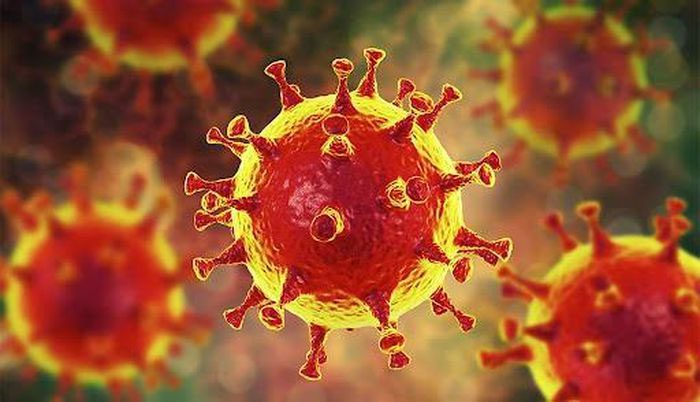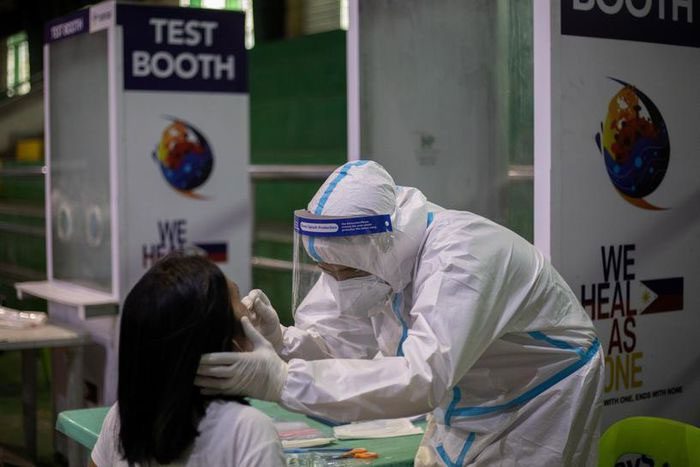According to Newsweek, three new variants of the nCoV virus have been removed from the World Health Organization’s (WHO) list of variants of concern: Eta, Iota, and Kappa. As of September 22, they have been classified as Variants Under Monitoring (VUM), which indicates a lower level of concern compared to variants of interest.
Significant Decrease in Infection Rates
Variants under monitoring are those that exhibit genetic changes that may affect the characteristics of the virus. Some signs suggest they could pose risks in the future. However, the evidence regarding their epidemiological impact remains unclear, necessitating enhanced monitoring and repeated assessments while awaiting new data. Currently, the VUM list includes 14 variants.
Previously, Eta, Iota, and Kappa were listed as variants of concern due to their potential for easy transmission and severe illness. Their prevalence among global Covid-19 cases has significantly decreased. This decline is also the basis for WHO’s lower alert level for these variants.

Currently, WHO classifies the Lambda and Mu variants as variants of concern. (Photo: Reuters).
Variants of Interest (VOIs) or those that need monitoring are notable as they appear in multiple outbreaks across different countries, containing some potentially dangerous mutations, but there is no evidence to suggest they spread more easily or have higher virulence.
Kappa is a variant of nCoV first identified in October in India. It is also known as B.1.617.1, closely related to Delta (B.1.617.2). Indian Express refers to Kappa and Delta as “siblings” due to their common “ancestor” being the B.1.617 variant.
Meanwhile, Iota (B.1.526) was first detected in the United States in November. Currently, the U.S. has not recorded any cases of this variant. WHO classified it as a variant of interest on March 24.
Eta, also known as B.1.525, was discovered in mid-February. On February 15, scientists at the University of Edinburgh (UK) accidentally identified this variant while sequencing genes from patients in 10 countries, including Denmark, the U.S., and Australia. Within just three days, this variant appeared in 13 countries and territories. It contains the E484K mutation, which is present in the B.1.351 variant from South Africa and P.1 from Brazil. Scientists have warned that it could potentially evade vaccines.
Currently, Iota is the most prevalent among the three mentioned variants but has only achieved a maximum infection rate of 3% among the total samples sequenced by experts. Kappa reached a peak infection rate of 1%. In contrast, the rate for Eta has never reached 1%. All three variants show a significant decline in transmission, with very few or almost none appearing in areas that previously reported many cases.
WHO does not classify Kappa, Iota, or Eta as variants of concern because they are not considered global threats. However, they may still be monitored in certain countries. In the U.S., the Centers for Disease Control and Prevention (CDC) has not designated any variants as needing concern.
Two Variants Labeled “Of Concern” by WHO
As of the update on September 22 from WHO, the list of variants of concern now only includes Lambda and Mu.
The Mu variant, scientifically known as B.1.621, was first identified in Colombia in early January. On August 30, WHO added Mu to the list of Covid-19 variants that need monitoring.
B.1.621 has caused several scattered outbreaks in South America and Europe. However, this variant does not spread as aggressively as the Delta variant. Scientists believe it does not pose a significant threat to the world.
WHO revealed that the reason Mu needs monitoring is that “there are several mutations that may have the potential to evade the immune system, similar to what is seen with the Beta variant,” and it requires further investigation.

Japan is the latest Asian country to report cases of the Lambda variant. (Photo: Reuters).
On the other hand, the Lambda variant (also known as C.37) was first identified in Peru. Shortly thereafter, it raised concerns among experts in Latin America due to its unusual mutations.
Lambda has seven mutations in the protein that the virus uses to infect human cells. Researchers are particularly interested in the L452Q mutation, similar to L452R found in the Delta variant. This mutation also contributes to the faster spread of the Delta variant.
According to a paper by two Japanese experts published in early August on biorxiv.org, the Lambda variant carries three mutations RSYLTPGD246-253N, 260 L452Q, and F490S, which may evade antibodies after infection, even after receiving certain vaccines.
However, the paper has not yet been published in a peer-reviewed journal. Currently, there is no evidence to suggest that the Lambda variant significantly impacts vaccine efficacy.


















































